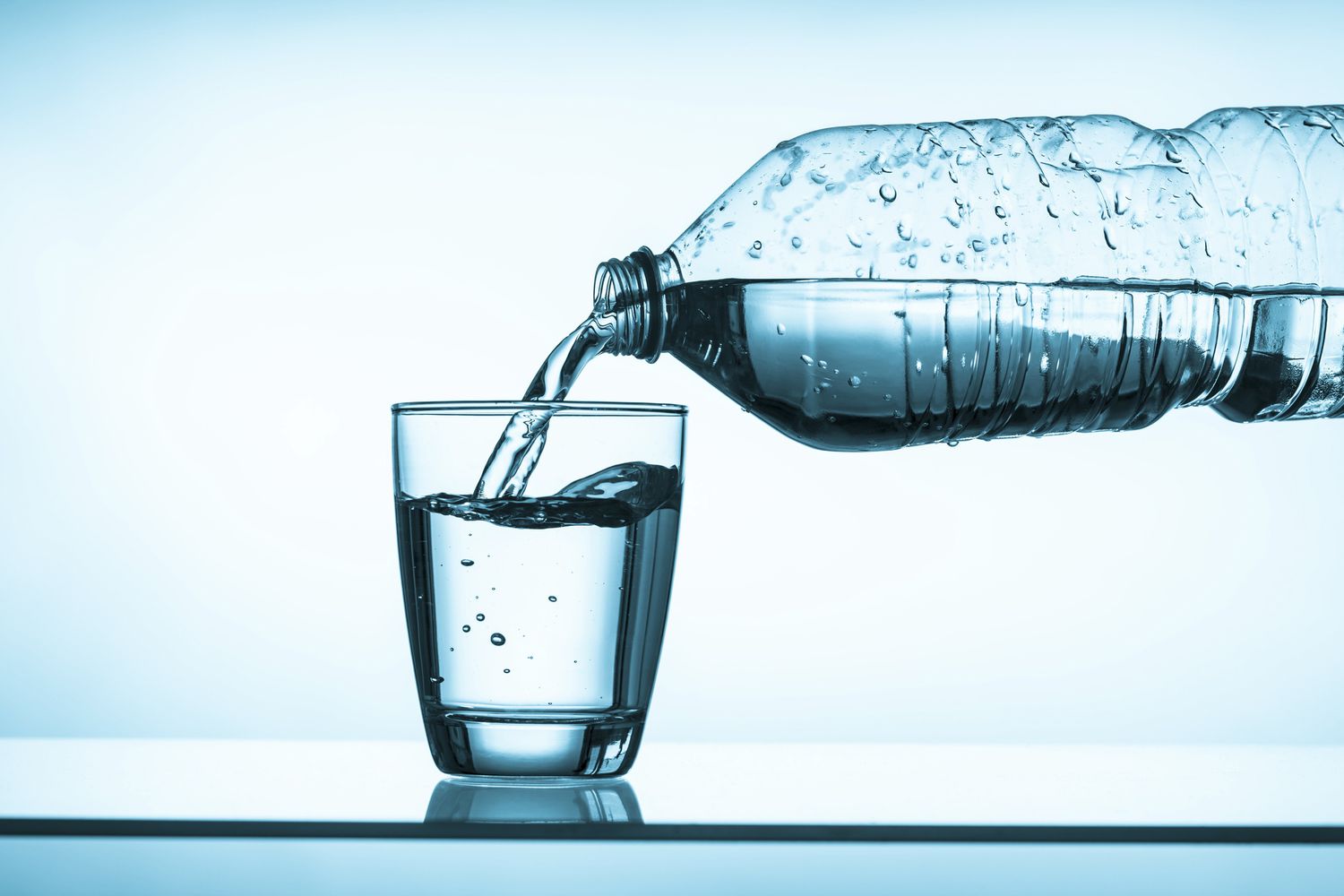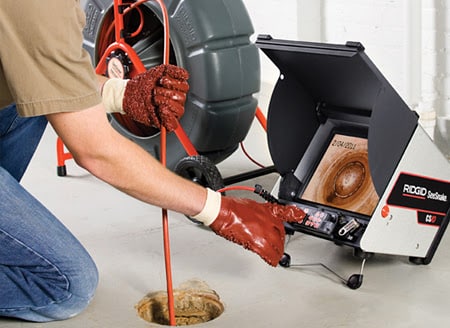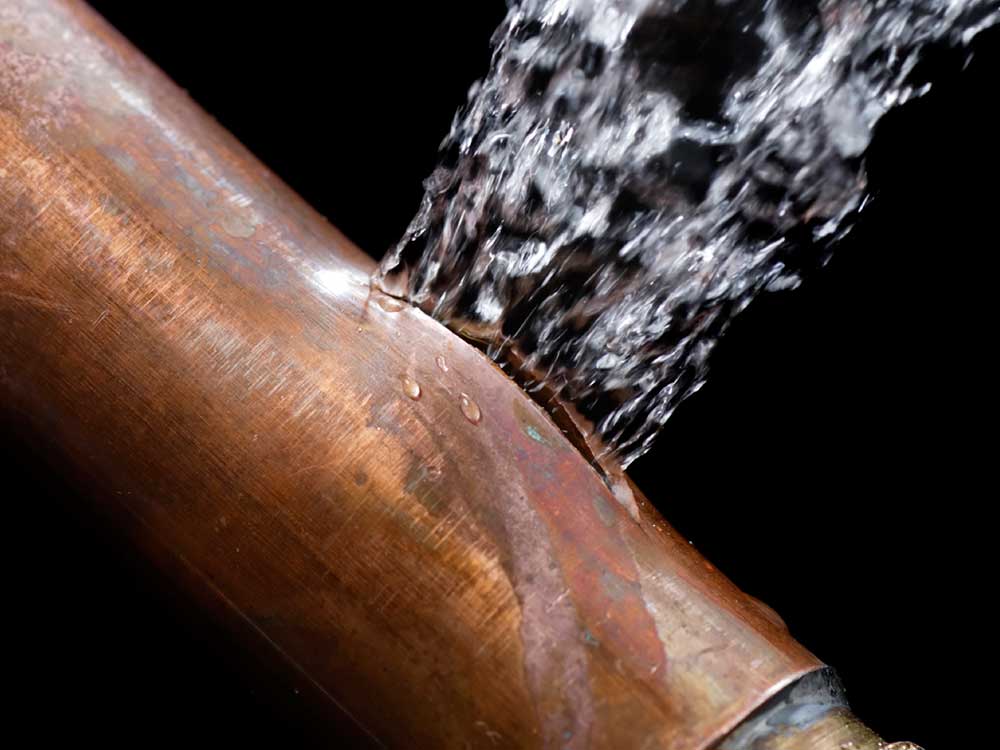Hard water is a common issue in many households and can have significant effects on your plumbing system. It contains high levels of dissolved minerals, primarily calcium and magnesium, which can lead to a variety of plumbing problems over time. Here's a closer look at how hard water impacts your plumbing and what you can do about it.
-
Pipe and Fixture Buildup
As hard water flows through your pipes, the minerals it carries can accumulate and form deposits known as limescale. Over time, this buildup can reduce water flow, causing low water pressure and even clogging pipes. This is especially problematic in older plumbing systems with metal pipes, as they are more susceptible to scaling.
-
Reduced Water Heater Efficiency
Hard water can also affect your water heater. Mineral buildup inside the tank can reduce efficiency by forming a barrier between the heating element and the water, forcing the system to work harder to maintain the desired temperature. This not only increases energy consumption but also shortens the lifespan of the water heater.
-
Damage to Faucets and Appliances
Faucets, showerheads, dishwashers, and washing machines can all suffer from mineral deposits. Over time, hard water can lead to corrosion, leaks, and the need for frequent repairs or replacements. If you notice white or chalky residue on your fixtures, it's a sign that hard water is taking a toll.
-
Soap and Detergent Inefficiency
Hard water makes it more difficult for soap and detergents to lather properly. This can results in soap scum buildup in sinks and bathtubs, spotty dishes, and stiff laundry. The extra soap required to achieve cleanliness also contributes to higher costs over time.
Solutions to Hard Water Problems
To combat the negative effects of hard water, consider the following solutions:
- Install a Water Softener: A water softener removes excess minerals and prevents scale buildup.
- Regular Maintenance: Flushing your water heater and cleaning faucets can help reduce buildup.
- Vinegar Treatments: Running vinegar through appliances like coffee markers and dishwashers can dissolve mineral deposits.
While hard water isn't necessarily harmful to your health, it can wreak havoc on your plumbing system and appliances. Hence, by taking proactive measures, you can prevent costly repairs and ensure that your plumbing system runs efficiently for years to come!
_____________________________________________________________________________________________
Need plumbing help? Call Smart Plumbers today at 408-247-2400 or visit www.smartplumber.com!
Serving Santa Clara County & San Mateo County
📞 Call us at: 408-247-2400
🌐 Visit us at: www.smartplumber.com




Leave a comment
This site is protected by hCaptcha and the hCaptcha Privacy Policy and Terms of Service apply.